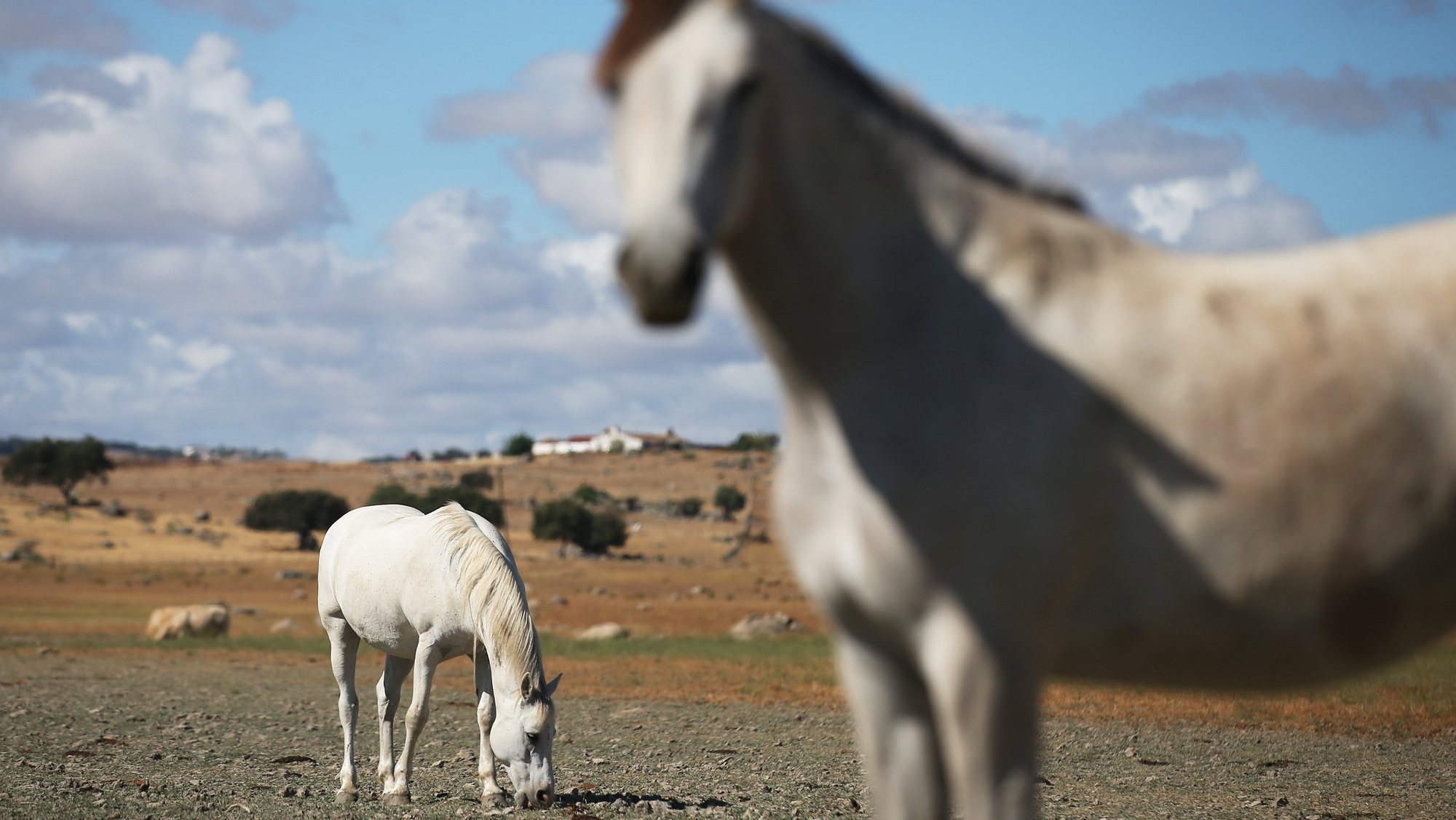The General Directorate of Food and Veterinary Medicine (DGAV) has initiated two proceedings against the illegal exploitation of horses in Ermesinde, in the municipality of Valongo, where, last February, they were apprehended. 86 of these animals, he told Lusa this Friday.
In a piece of information sent to Lusa, after a request for clarification, the DGAV explained that after the seizure of 86 equines on this farm, two administrative proceedings for infraction were initiated at different times.
One with a special focus on illicit animal welfare, with investigation completed and in the analysis phase for a final decision proposal, and a second, focused on the movement, registration and identification of illegal animals, which is in the investigation phase (a highly complex process due to to the number of people to be heard),” he added.
In mid-February, the Câmara de Valongo, the PSP Environmental Protection Brigade and the DGAV opened an investigation into alleged mistreatment of horses on the farm. located in sampaioin Ermesinda.
Among the more than 80 horses, 10 were identified as malnourishedhe revealed the complaint which he then made to the authorities, and it was decided to close the farm as soon as all the animals were gone.
Also in February, Intervenção e Resgate Animal (IRA) proposed to the DGAV to house the 10 malnourished horses for free, also admitting, under conditions, to keep all of them.
The answer came in March, when the IRA became trustee for seven of the estate’s horses, later transferred to an estate in southern Alentejo.
Already in relation to these seven horsesThe DGAV revealed that, on April 13, a visit was made to the farm to assess the body condition of said animals, which concluded that they were “in a favorable evolutionary process”, taking into account that showed no signs of disease, grazed freely and had access to water and food.
Subsequently, he added, on September 21, a new inspection was carried out on the farm, verifying an “obvious improvement in the physical condition of the horses.”
Source: Observadora
